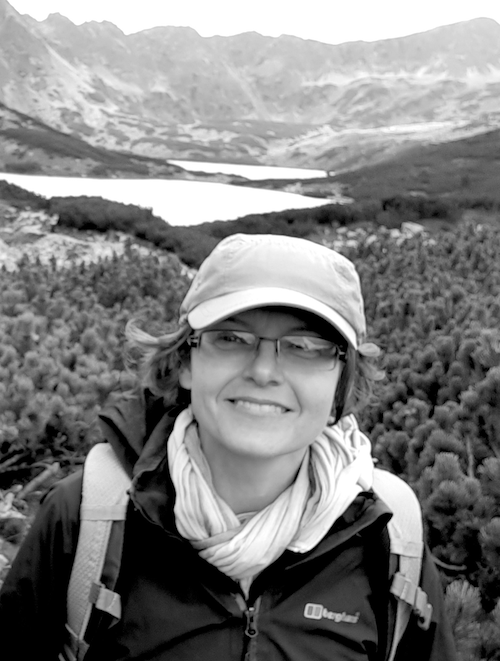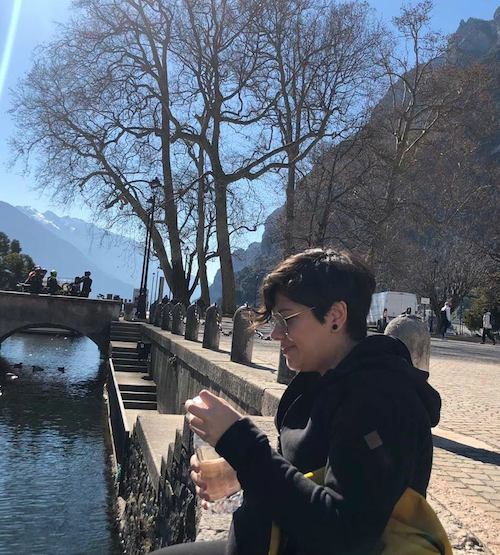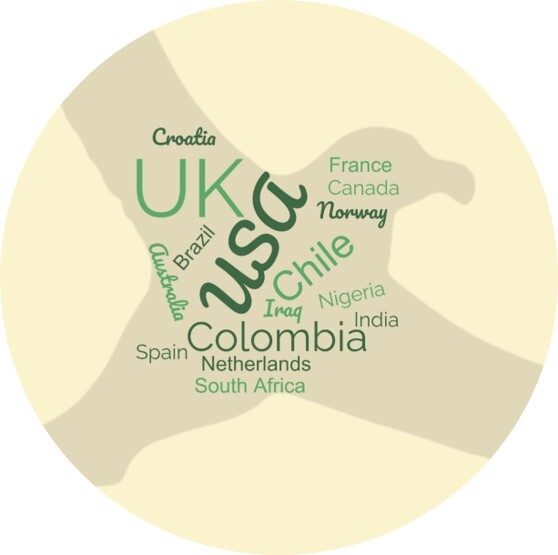SORTEE member voices – Malgorzata (Losia) Lagisz
[SORTEE member voices is a weekly Q&A with a different SORTEE member]
Name: Malgorzata (Losia) Lagisz
Date: 30 June 2023.
Position: Research Fellow.
Research and/or work interests:
I am a biologist with research experience and skills in different fields of science. I often venture outside biological topics and data, for example, into biomedical, environmental, conservation, or even social sciences. In my research, I use research synthesis methods, such as systematic reviews/maps and meta-analyses.








